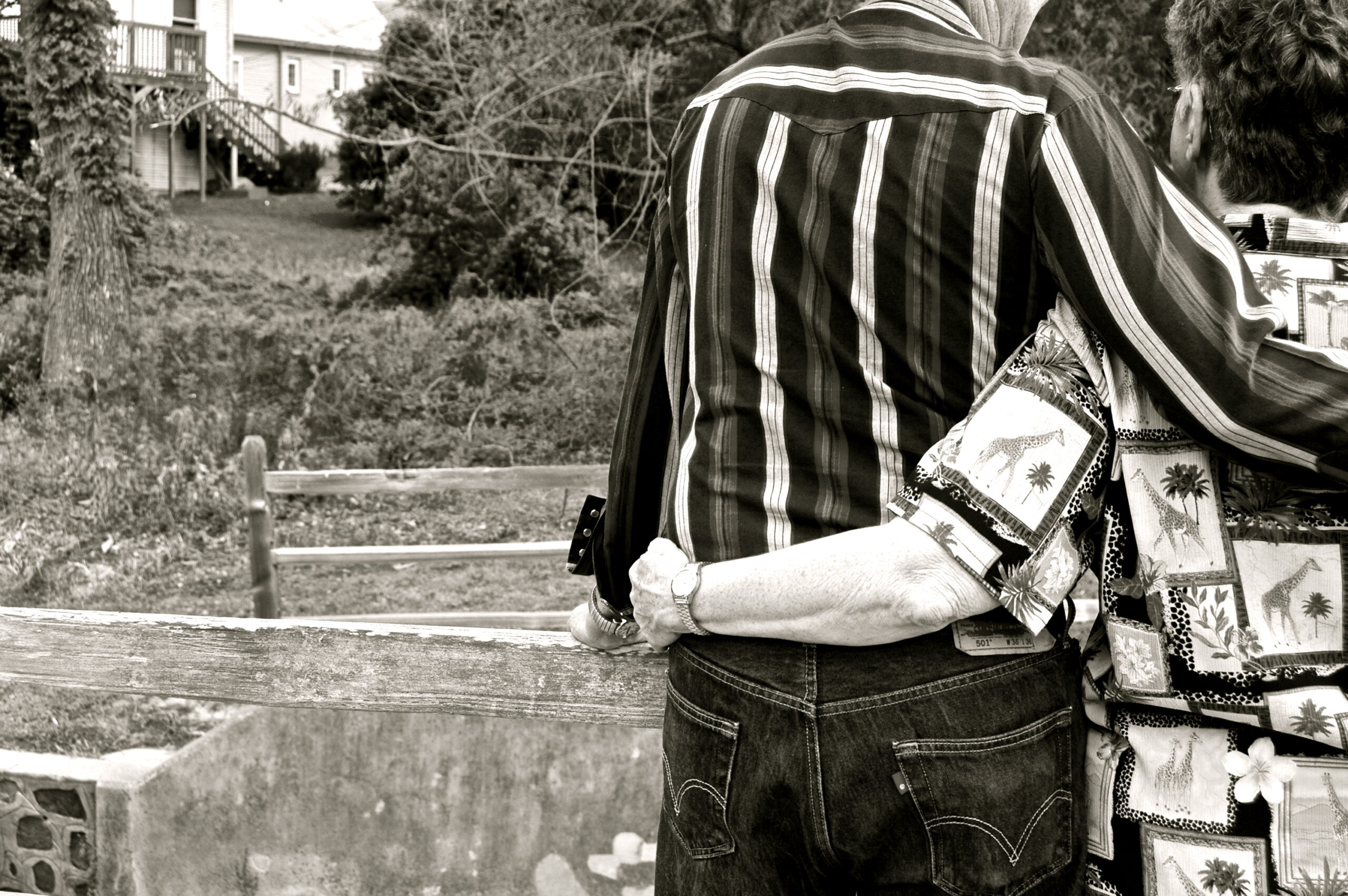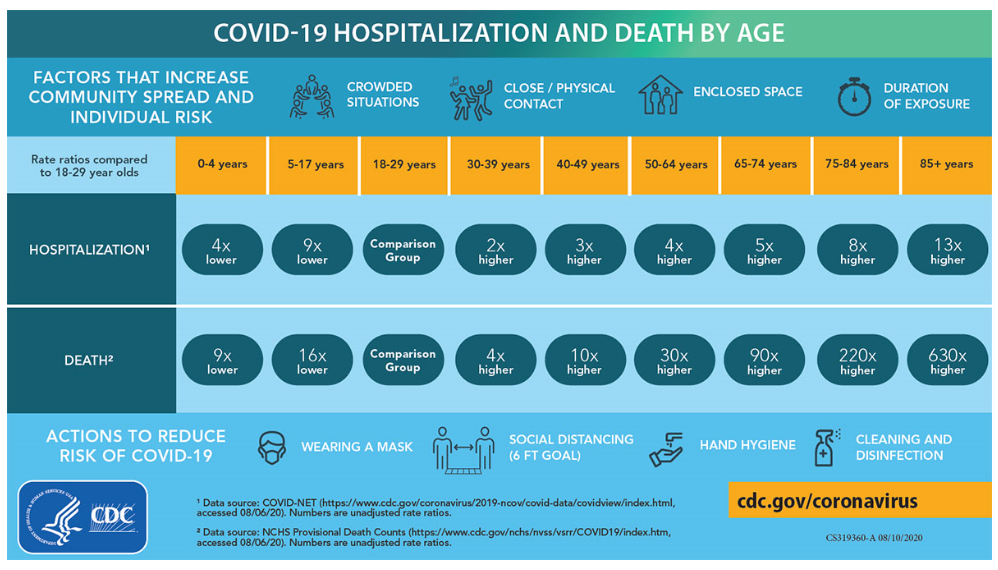COVID-19 has created a world where it can be a lot harder to be in contact with our loved ones or to stay connected with the world around us. It has caused many people to feel a new sense of fear and loneliness they may not have felt before, particularly in the older adult population. With older adults being one of the most at-risk populations, they have had to face some of the biggest changes and adjustments in their day to day lives. In the midst of all these changes, it is important to learn how to stay safe while finding out ways to stay connected and create a sense of normality. Doing so can significantly boost one’s mental and emotional health.

How Does COVID-19 Affect Older Adults?
The risk for severe illness (which according to the CDC refers to the need of hospitalization, intensive care, and/or ventilator and possible death) increases with age, with adults aged 85 and older at the greatest risk. As of August 16, 2020, 8 out of 10 COVID-19 deaths reported in the US have been in adults 65 and older. Shown below is a graphic created by the CDC, last updated on August 8, 2020, that shows how the death and hospitilzation rates increase with age.

How Can COVID-19 Affect One’s Mental Health?
According to the World Health Organzation (WHO), fear, stress, and worry are all normal, human reactions when faced with uncertainty. In addition to these natural responses, the siginifcant lifestyle changes can add a new form of stress, further exacerbating any underlying risk for depression or anxiety.
The new need for social distancing can easily create feelings of isolation. With COVID-19 impacting nearly everyone’s daily routine, the typical social support that some older adults may have relied on could be siginificanty diminished. Certain events/activities that may have been considered a “lifeline for social connection” (Any regular contact with family, neighbors, clubs, faith communities, and social services, such as meal delivery etc.) may no longer be able to safely be executed in-person. The few exceptions that may be able to still occur are forced to have much more restrictions than previously needed. This also led to a major disruption in routine, which could’ve had a negative impact on those who may have relied on having the same routine everyday.
Ways to Stay Connected with Your Loved One
Perhaps there is an older adult in your life who may need your help staying connected in these new times. Here are some ways that you can go about that:
- Schedule Virtual Visits With Your Loved One: It is very likely that you are not able to visit your loved one as often as you may have before, or you may have significant restrictions. However, it is very important to stay in contact! Scheduling visit times can create or add to a routine that may have been disrupted and could give both you and your loved one something to look forward to!
- Send Care Packages: Everyone loves little surprises that make us feel loved! Sending a care package to a loved one shows that you’re thinking of them. You can fill it with some of their favorite things, or pictures that share fun memories.
- Play Games!: If you are not able to do so in person, there are ways to play some classic games via smartphone or computer. This includes games such as Uno, Chess, Checkers, Scrabble, etc.
- Encourage Them to Become Connected through Online Discussion Groups or Virtual Bookclub: As much as you may want to, you may not be able to be in constant communication with your loved one. There are different forums and websites that were created with the purpose of connecting older adults who may not be able to regularly go and find others who share the same interests as them. During this time, resources like these are even more valuable!
This is a weird time for everyone, and there is a lot that is unknown. But it is important for everyone, especially some of our older adults, to find ways to stay connected with the people we love. While we may have to be physically isolated in some cases, that does not mean we have to be mentally secluded from the rest of the outside world. Remember to take care of yourself and stay in contact with family and friends.
